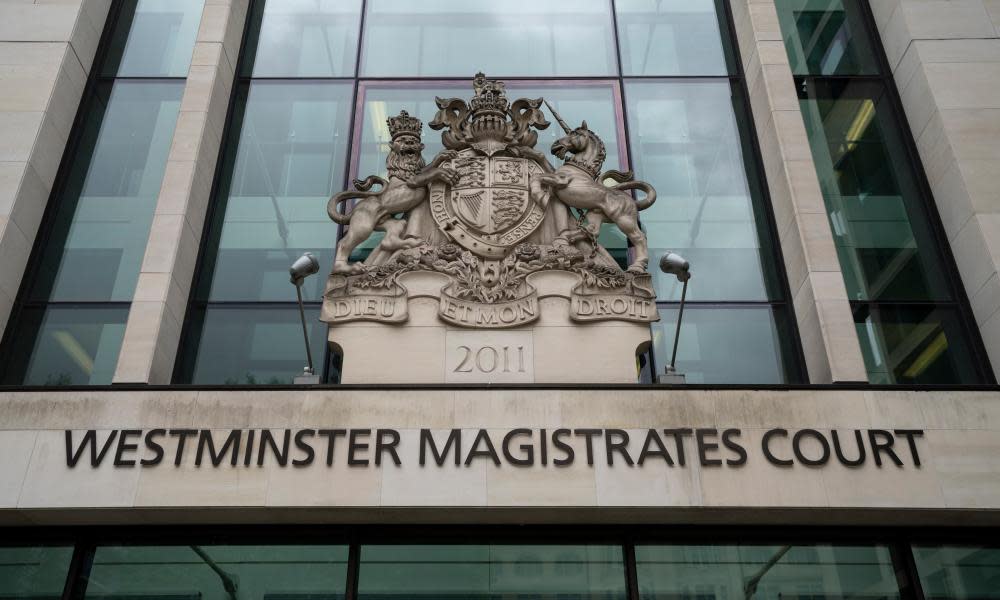Watchdog exposes 'unacceptable' treatment of children in English court cells

Children with Down’s syndrome and autism were among those left for hours in court cells while they waited for legal representation or transport, a custody watchdog has revealed in a damning report.
The treatment of some young people, including those with disabilities, was labelled unacceptable and a “matter of embarrassment” for the criminal justice system by the Lay Observers (LO), volunteers who inspect court custody conditions and transport arrangements for detainees in England and Wales.
In its annual report, the watchdog said young people and those with health problems were falling through the gaps.
As well as raising concerns about “filthy cells” and “complicated” transport arrangements made between police, courts and prisons, the report warned of poor record-keeping of medical needs and a lack of sanitary items for female detainees in some cell blocks.
The conditions were putting the welfare of vulnerable people and access to justice in jeopardy, the report said, adding that the problems were compounded by poor communication between bodies and authorities.
A Ministry of Justice spokesperson said: “The welfare of young and vulnerable people is a priority. New contracts which begin next month will place greater emphasis on improving decency and welfare for those in custody and minimise time in cells.”
John Thornhill, the national chairman of LO, said the problems had a “concerning impact” on access to justice. “It is clear some people have to appear in court having travelled hundreds of miles; others are not supported with their medical conditions or disabilities; some are then kept in dirty court cells for hours on end. This is a matter of embarrassment in a modern criminal justice system,” he said.
The report described dirty cells with food and liquids “spattered up the walls” in some cases, while other cells were covered in abusive graffiti, some of which was racist or gang- and drug-related. At Thames magistrates court a “clearly coded message” was found in one cell.
The report cited examples of poor treatment of young people and those with disabilities, including an instance when a young boy with Down’s syndrome had to wait four hours to see his solicitor at Westminster magistrates court due to lack of available space.
The report said: “There did not appear to be any attempt to prioritise vulnerable DPs [detained persons].”
Thornhill said transport arrangements remained “erratic in a worrying numbers of cases, with long delays waiting for vans to take detainees, including children, to and from prison or secure placements, and very long journeys late at night”.
The report told of the “totally unacceptable” treatment of a 16-year-old girl who, after being sentenced in the late afternoon at Plymouth magistrates court, was not moved from custody until 10pm to make a 235-mile journey to Rainsbrook secure training centre near Rugby, Warwickshire, where she arrived at 3am.
In another incident, a 14-year-old boy was held in a cell for 11 hours for an hour-long court hearing before Bradford magistrates, before being driven away late at night.
The report also described how a young boy with autism reacted badly to being in a confined space, becoming “very emotional and unstable” while waiting in a Southampton magistrates court cell for more than two hours as transport was arranged.

 Yahoo News
Yahoo News 
